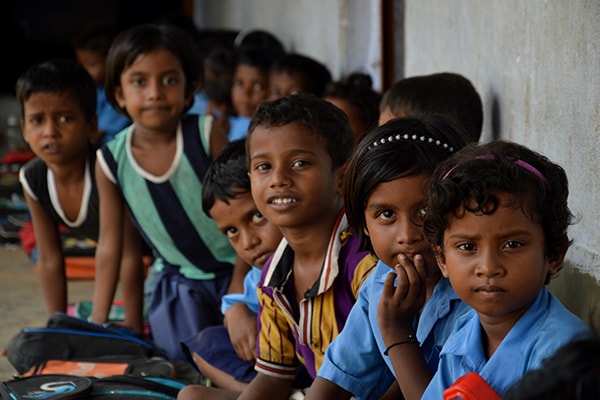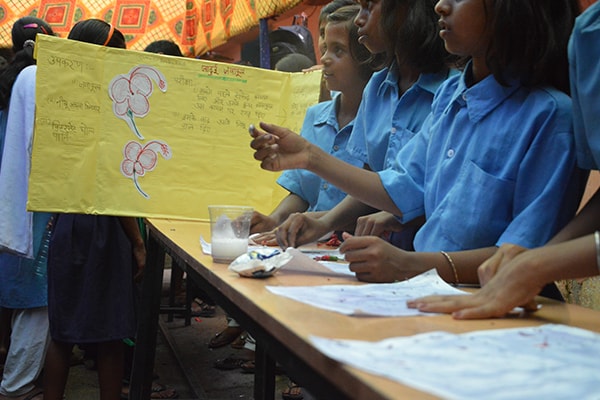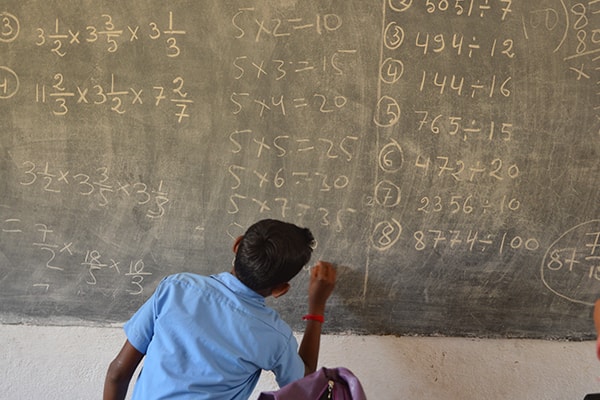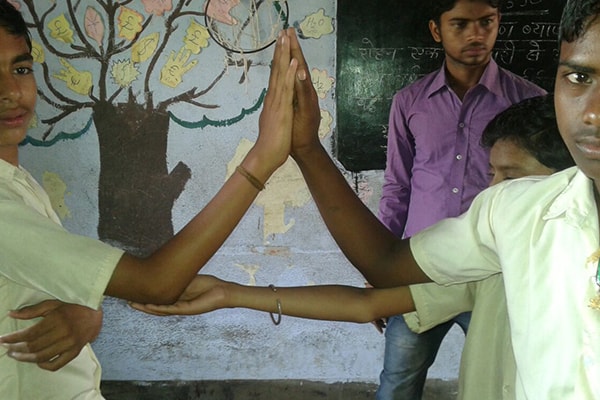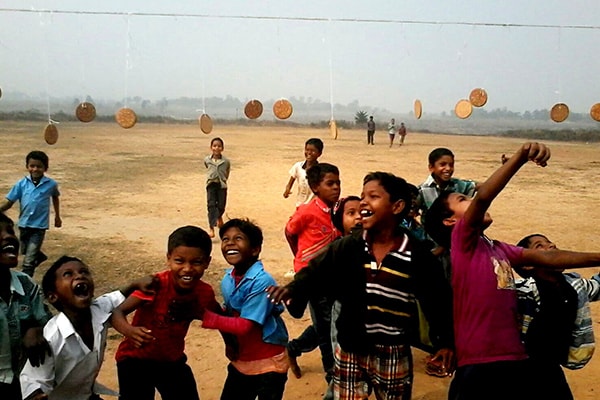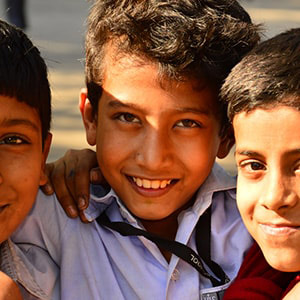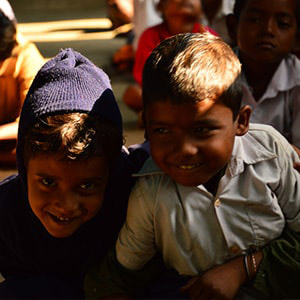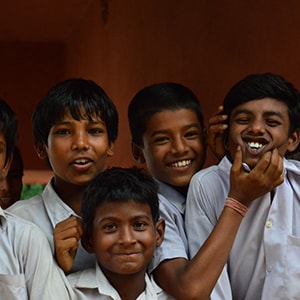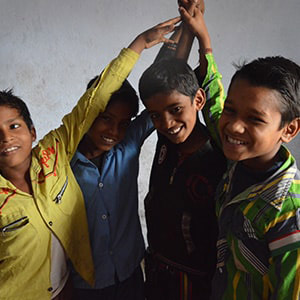
NANO VYAGYANIK
Intriguing scientific concepts wrapped in innovative and fun-filled yet frugal experiments from everything naturally available
Programme Beneficiaries
CHILDREN FROM OFF THE GRID COMMUNITIES
Challenge
The greatest challenge in the studying of science is the incongruence it creates when the theories are not given practical establishments through demonstrations, working models or experiments. Children from off the grid communities, who have access to elementary education learn only the theory without understanding half as much their practical implementations. Most of the time in such offset demographics however, schools cannot afford to bear the cost of the apparatuses necessary for establishment of theoretical ideas in the practical world. This divide creates a confusion in the very preliminary stages of the learning of science for such students. The students affected grow with and unclear understanding of science and soon lack interest when they find it difficult to cope with higher levels of education in the field. Out of school children also lack the necessary environment, equipment and knowhow to carry out practical demonstrations.
CHILDREN EMPLOYED IN PETTY JOBS
Resolution
A crucial solution is to identify that the apparatuses necessary for practical demonstrations may not always be condiments from shops. They can also be naturally available. The Nano Vyagyanik project/programme looks therefore to make such impecunious institutions self-reliant and help them and think outside the box by training them in techniques that have been proven to be considerably powerful substitutes to the earlier idea of buying reagents and apparatuses from shops. Our team of experts teach natural alternatives to scientific reagents, for example- an extract of locally available red-cabbage can be used to create home-made litmus papers for the pH tests. Likewise there are a multitude of locally available reagents that can fill up for the inability to buy reagents from the shops. The programme is also more appealing to the children since it enables them to see the world differently from what is normally visible and increases in them the appreciation of both nature and science. Nano Vyagyanik is therefore a home-made alternative for all things complex
RURAL SCHOOLS
Impact
The programme has been extensively covered in the media because of its innovation quotient and how it is easily adaptable in rural environments. Children engaged in this programme have also shown considerable appreciation of science, an alleviated curiosity and greater engagement in their curriculum. Schools that are at the dearth of resources to provide substantial scientific reagents or apparatuses have also expressed that they found the idea conducive and have incorporated the programme in their daily academic regimes. The programme is also used to train out-of-school children who cannot afford generic environments for scientific experiments.

